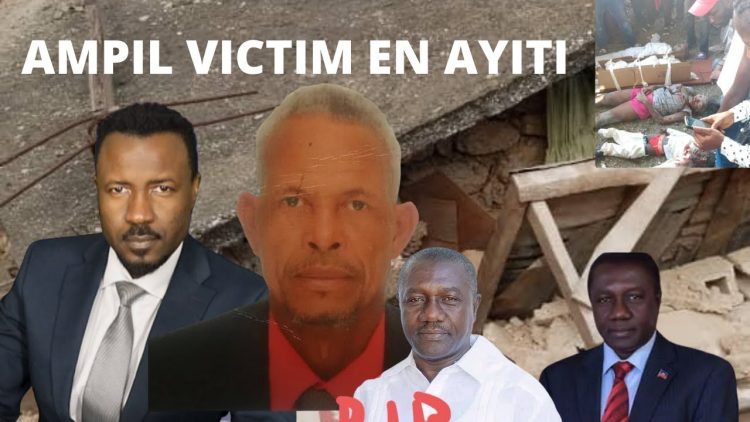START YOUR OWN BUSINESS
source
AMPIL VICTIM – BIDEN AP VOYE AID – BANDI BLOKE WOUT YO – AMPIL LOT MOUN AMBA DEBRI – ABNER GELIN
- Trending
- Comments
- Latest
The Impact of Global Inflation on Immigrant Communities
October 9, 2024
CATEGORIES
Copyright © 2021 198 Immigration News .









 OPEN APPOINTMENTS HURRY..!!! | STUDY VISA UPDATES USA CANADA UK
OPEN APPOINTMENTS HURRY..!!! | STUDY VISA UPDATES USA CANADA UK

 Do Not Take PSW | STUDY VISA UPDATES USA CANADA UK
Do Not Take PSW | STUDY VISA UPDATES USA CANADA UK 
















